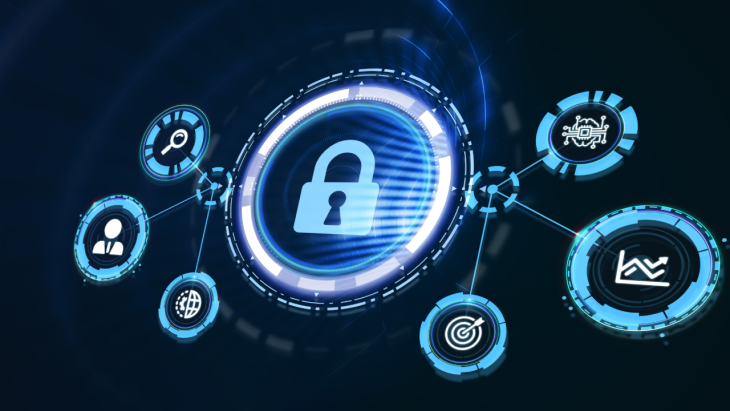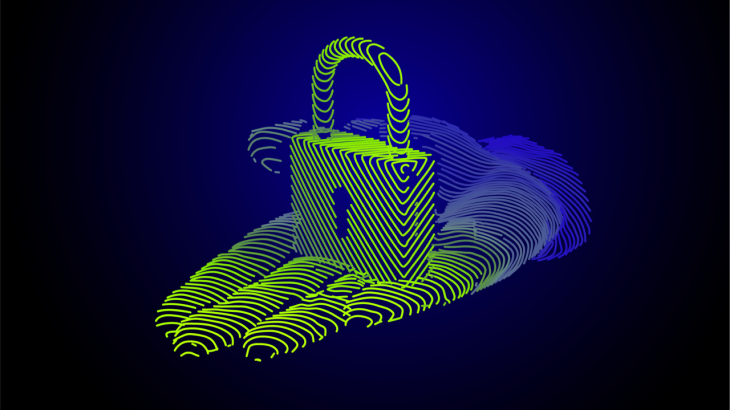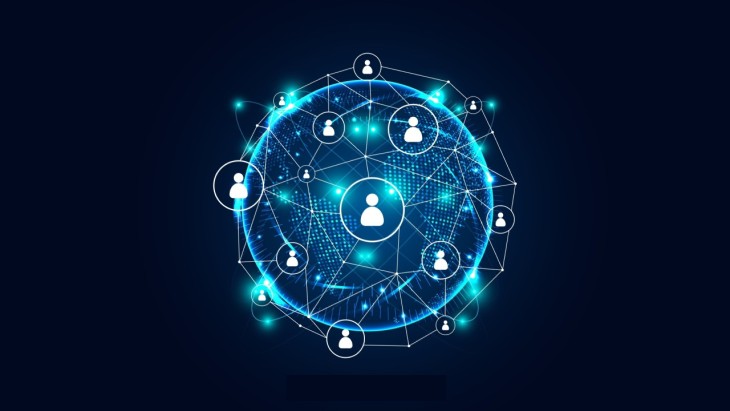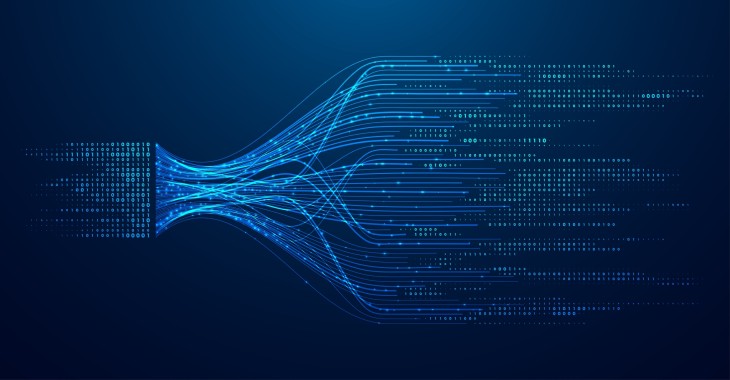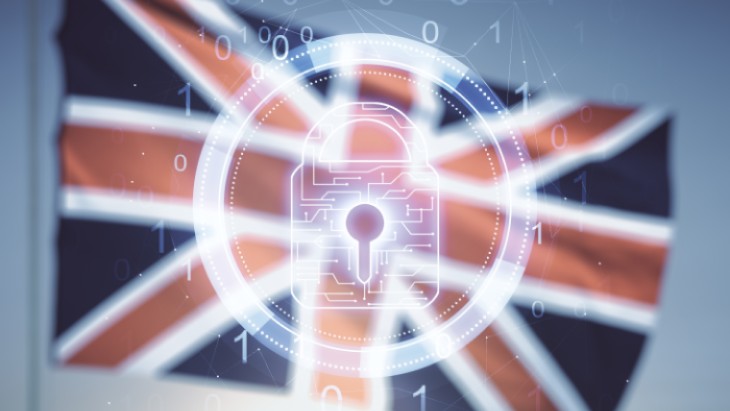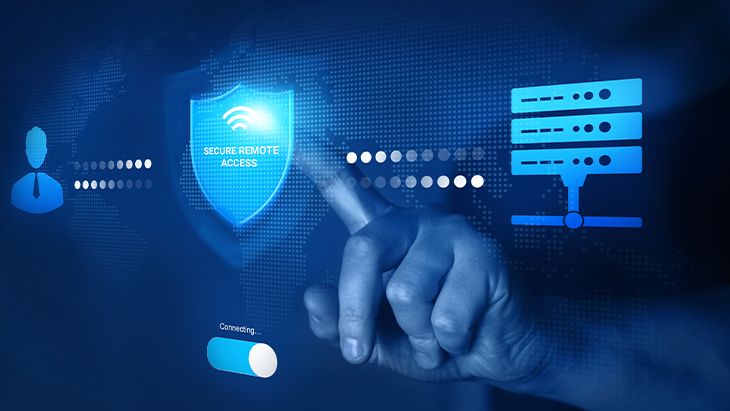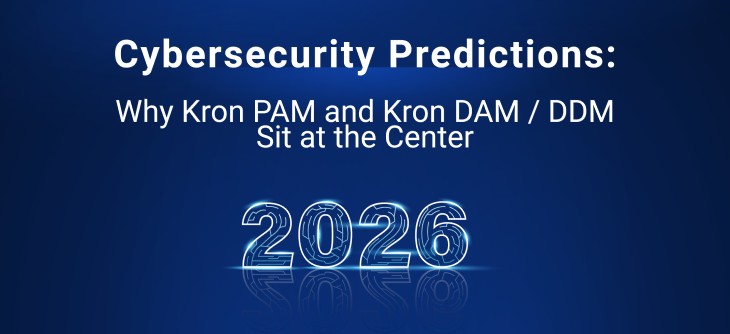
Privileged Accounts You Need to Manage and Keep Safe
Sep 05, 2021
/
Kron
Privileged accounts stand out as one of the topics that should be paid attention to the most in terms of cyber security by institutions and organizations in different fields that follow in the footsteps of digital transformation. It is of great importance to keep these accounts safe, as they are the main target of various types of cyberattacks and frequently preferred by hackers, especially in recent years. If privileged accounts within the organization are not detected and managed within a certain framework, it is highly possible to encounter data breach problems. Since data leaks will also lead to the theft of sensitive information, you may be faced with different situations, from a ransom demand to the sale of the organization or employees’ information on the dark web. For these reasons, you need to successfully manage and control privileged accounts to ensure data security and achieve good results against cyber threats.
Defining Privileged Accounts
Privileged accounts are very important in today's business world, not only for allocating access security and implementing solutions against a cyber attacker, but also for IT teams to manage the corporate system, infrastructure, network, and software. Privileged accounts, which provide access to data that enable employees to make critical decisions regarding the operational workflow, also make it possible to perform administrative tasks. Privileged accounts will enable a hacker to move freely in the corporate network if they are compromised, are perfect for stealing sensitive data, and for people who have infiltrated the system to easily hide any traces of their activity within the system.
An institution can have privileged accounts almost anywhere in its system. They can be found in the cloud and SaaS applications, regardless of physical location, as well as in databases, operating systems, and software. For example, IT administrators, database administrators, application owners, third-party contractors, security teams, help desk personnel, and sales teams may have privileged account access. In other words, all departments of an institution, from software to marketing, sales, and security teams, can make use of an privileged account to ensure workflow.
It is possible to see the importance of the management of privileged accounts in the Cost of a Data Breach Report 2021 report prepared by IBM. According to the report, data breaches that occur as a result of leaking identity information constitute 20% of all data breach types. In addition, the cost associated with malicious people using privileged account access resulting in leaked identity information is 4.610.000$.
Privileged Accounts Playing a Critical Role
The second stage of the privileged accounts' identification process is to identify the accounts that play a critical role in the sustainability of the organization's business model. How about reviewing the seven types of privileged accounts that an organization should secure first?
- Domain Administrator Accounts: This account type is described as the king of accounts in IT literature and has full authority and control over the domain. For this reason, domain administrator accounts should be limited as much as possible and their supervision should be kept at a high level.
- Field Service Accounts: This type of account is used for editing and reproducing reports and calling APIs and is especially important for password changes that can harm application operations. Protecting field service accounts makes it easy to track software updates directly related to password operations.
- Local Administrator Accounts: These accounts are a favorite for cyber attackers and are also referred to as forgotten privileged accounts. One of the main reasons for the infiltration of corporate networks is that many of the employees are given local administrator account access.
- Administrator Account for Operating Systems: Stealing the access information of users with this account type may cause operating system directories to be changed throughout the organization and cause the system to stop working for a while.
- Default Administrator Account: An account belonging to the system administrator is the key to log in to the system and cannot be removed, changed, or locked afterwards. Only the name can be changed.
- Emergency Accounts: This account type is activated when a critical situation occurs in the network and is used as a "Break the window in an emergency" measure when normal services become inoperative.
- Service Accounts: Service accounts, also referred to as hidden and infinite accounts, are used to run applications.
In addition to the account types mentioned above, root accounts, Wi-Fi accounts, firewall accounts, and hardware accounts such as BIOS and vPro also play a critical role in terms of access security.
Privileged Access Management (PAM)
According to the Verizon Data Breach Investigations Report 2021, the longest-lasting breach type this year is privileged account abuse. Again, the same report explains the main methods used in breaches carried out through privileged accounts are malware, deliberate abuse, social engineering, and hacking attacks. As a matter of fact, abuse of privilege leads to a rate of 60-80% of data breaches caused by compromised privileged accounts. In addition, personal and medical data come to the fore in the abuse of privileged accounts.
Based on all these reasons, it is clear that defining privileged accounts is not enough to protect your organization. By using Privileged Access Management (PAM), you can prevent your privileged accounts from being a target. As one of the best solutions for privileged account access security, Kron’s PAM solution, Single Connect, ensures the authentication of all privileged sessions with its Privileged Session Manager module and prevents unauthorized access attempts. The Dynamic Password Controller (DPC) includes a password vault feature and keeps the passwords of privileged accounts isolated from the entire network, ensuring the protection of all system-wide passwords. The DPC aims to guarantee your data security by helping you create one-time passwords for some operations and strong passwords for others. Our Two-Factor Authentication (2FA) component also requires simultaneous location and time verification from users who want privileged account access thanks to its geo-location feature. Single Connect’s Database Access Manager also allows the operations of database administrators to be recorded. Through Single Connect, a recognized and robust PAM platform, the “Principle of Least Privilege” is easily applied.
Single Connect was included in the 2021 Gartner Magic Quadrant for PAM report for the supervision, management, and protection of privileged accounts. You can learn more in the report we prepared in cooperation with IDC Turkey and Vodafone Business. Contact us for more information.
Highlights
Other Blogs


